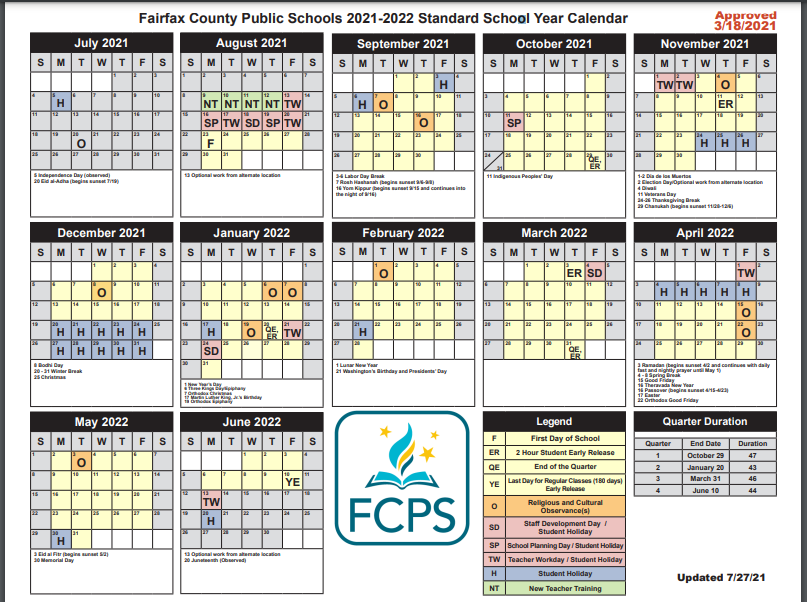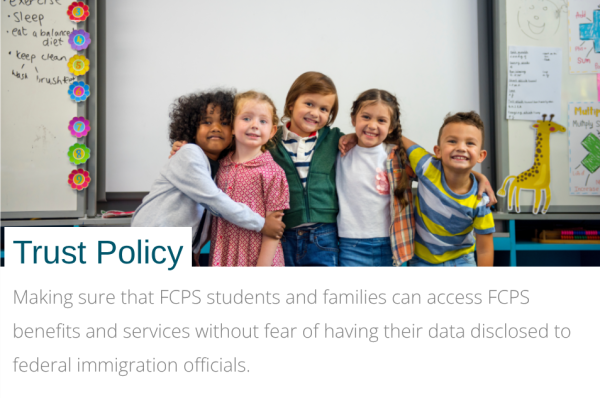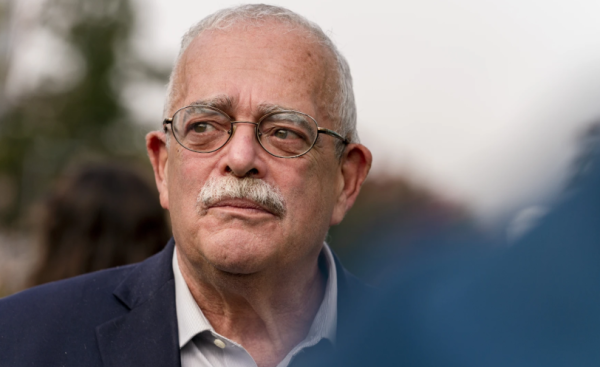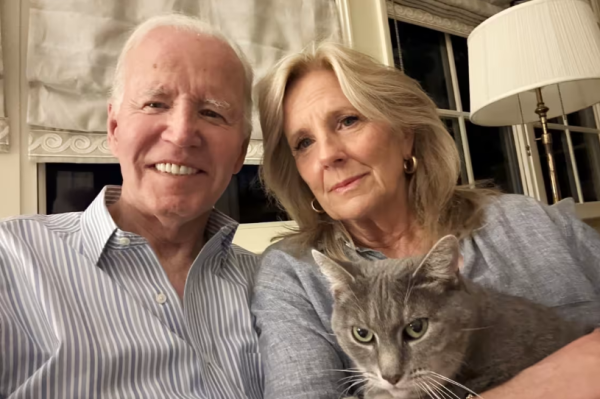The Truth Behind FCPS Religious and Cultural Observance Days
On November 4th, many celebrate Diwali, rejoicing in the victory of light over darkness, as it is an important holiday for many Americans of Indian descent. It’s observed by many, including Hindus, Jains, and Sikhs. Other counties in Virginia such as Prince William, Arlington, and Loudoun counties decided to close in observance of Diwali, yet FCPS deemed that Diwali, and many other religious holidays, would be religious and cultural observance days. It caught the attention of many that Fairfax County did not close school and decided to have a cultural observance day instead, allowing students to exercise excused absences and restricting any new material to be taught in classrooms
Virginia law states that each school system must provide 180 days or 990 hours of instruction. If the county wants to consider having a day off, the holiday must have some secular justification, such as many student and faculty absences. These absences would disrupt the progression of learning. The FCPS religious observance day calendar, which was newly approved by the school board last March, intended to have a fair balance between closure and honoring critical religious celebrations. In 2019, FCPS commissioned a Religious Observances Task Force to provide input to FCPS’s calendar committee. Their advice helped create the calendar later proposed to the school board. These rules state that tests, field trips, homecomings, and other events cannot be scheduled on any of the 15 religious and cultural observance days designated by the calendar. Many faith-based organizations have pushed back in response.
A large number of observance days “wound up creating more problems,” said Guila Franklin Siegel, associate director of Jewish Community Relations Council of Greater Washington. Franklin is frustrated by the creation of these days because she feels that they are “continuing the dismissive treatment of minority students.” She argues that schools are always closed for the major Christian holidays, such as Christmas: “This is a Christian calendar,” she claimed. The JCRC of Greater Washington sent a follow-up letter to the school board in October, voicing how the school system fails to accommodate the needs of many Jewish students.
According to Marcy Schwab, a JCRC board member, one instance revealed that her daughter, who is an FCPS high school student, had to point out in class that a quiz had been scheduled on Rosh Hashanah, trying to see if she could make her teacher reschedule. Schwab believes the school board “underestimates the diversity of the county, the importance of those days, and the impact it has on our children.”
Another highlighted example was the decision to include the last day of Passover, rather than the first, as a religious observance day. FCPS failed to recognize that Jewish holidays begin the night before a holy day, creating conflicts for back-to-school nights and other events.
Farah Ahmad, who works with educational programming at the McLean Islamic Center, emphasized that the calendar does not reflect shifting the demographics in our country. Jews, Muslims, Hindus, and others have grown steadily in Fairfax County. “Actions speak louder than words,” Ahmad added, urging the school board to make changes to the calendar for the upcoming school year, including closing school on Eid. She feels that “Fairfax County needs to step up and not just talk about equity and show it.”
The school board finalized a calendar for the 2022-2023 school year on January 27th. After the controversy surrounding last year’s calendar, the Virginia Department of Education’s (VDOE) asked schools to establish a calendar feedback committee with “broad representation”. These committees will make sure to consist of staff, parents, and community members all with different backgrounds (such as Christian, Judaism, Muslim, and Hindu). Additionally, FCPS issued a survey to collect community feedback. This calendar will be in effect from July 1, 2022 to June 30, 2023. A majority of all groups responded that they were satisfied with the calendar.

Brooke is a senior and the News Editor of the South Lakes Sentinel! This is her second year in journalism. In her free time, she loves to read, write,...


















